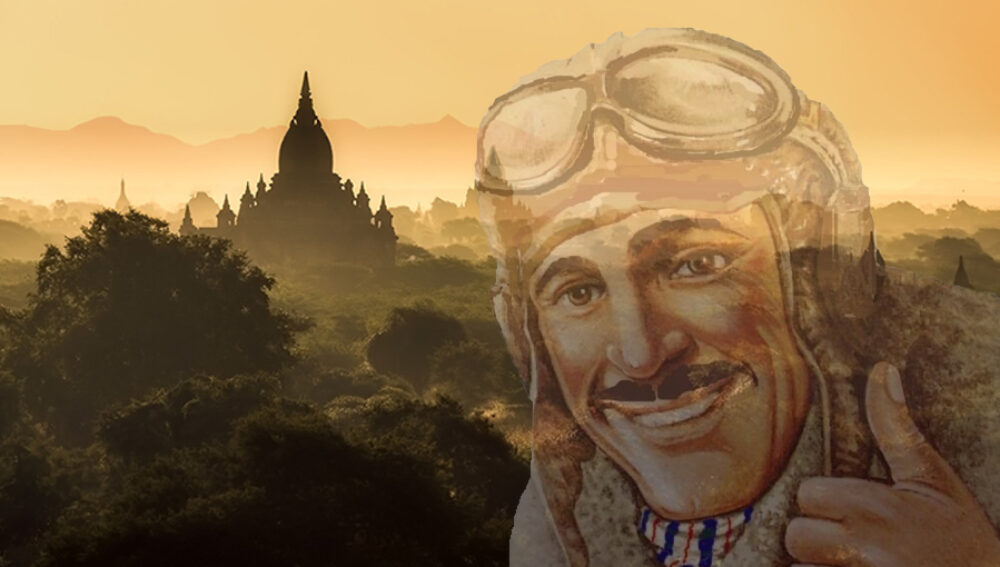When British Foreign Secretary Boris Johnson quoted the poem ‘Mandalay’ during a visit to Myanmar in early 2017, to the obvious discomfort of the British ambassador, it was a stark reminder that popular culture can sometimes intrude on worldly affairs. Johnson’s reference to Rudyard Kipling’s well-known but rather patronising colonial-era ballad may have simply been a diplomatic gaffe, with no lasting consequences. However, there has long been a lively debate in academic circles about the possible subliminal effects of movies, television programs, songs and books. It has been argued, for example, that young children exposed to certain kinds of public entertainment can form indelible impressions of people and places that will affect their attitudes in later life.
In this regard, George Orwell’s views are pertinent. In his essay ‘Boys’ Weeklies’, first published in 1940, he wrote that:
…most people are influenced far more than they would care to admit by novels, serial stories, films and so forth, and that from this point of view the worst books are often the most important, because they are usually the ones that are read earliest in life. It is probable that many people who would consider themselves extremely sophisticated and ‘advanced’ are actually carrying through life an imaginative background which they acquired in childhood…
Orwell was writing about children’s story papers like the Gem (1907–39) and the Magnet (1908–40). However, his comments could apply equally to juvenile literature of the kind that was read by Boris Johnson and his generation. With regard to Myanmar – still commonly known as Burma – one example stands out above all others.
Like many young Australians in the 1950s and 1960s, I spent countless hours reading the books written by Captain WE Johns about the fictional British hero Squadron Leader James Bigglesworth, known simply as ‘Biggles’. Between 1932 and 1970, a hundred and two Biggles books were published, including six omnibuses, in which the multi-talented fighter pilot and ‘air detective’, accompanied by his loyal comrades Algy, Ginger and Bertie, crisscrossed the globe having all sorts of adventures. Biggles had a female counterpart called ‘Worrals’, who appeared in her own series of books. Johns’s stable of rugged characters also included ‘Gimlet’ the Commando and ‘Steeley’ the crime-fighter.
Please click here to read the full “Biggles in Burma: Giving boys what they want” article in the Griffith Review by Griffith Asia Institute Adjunct Associate Professor, Dr Andrew Selth.








